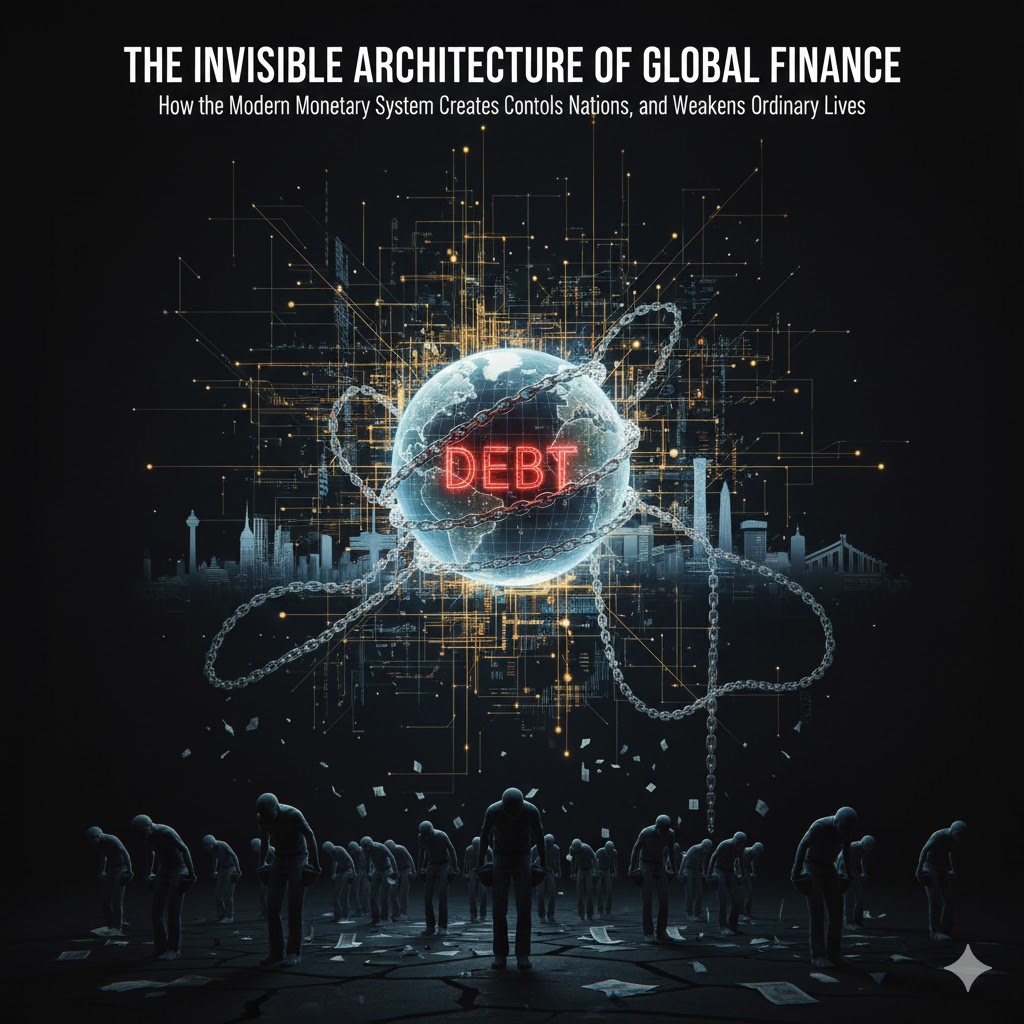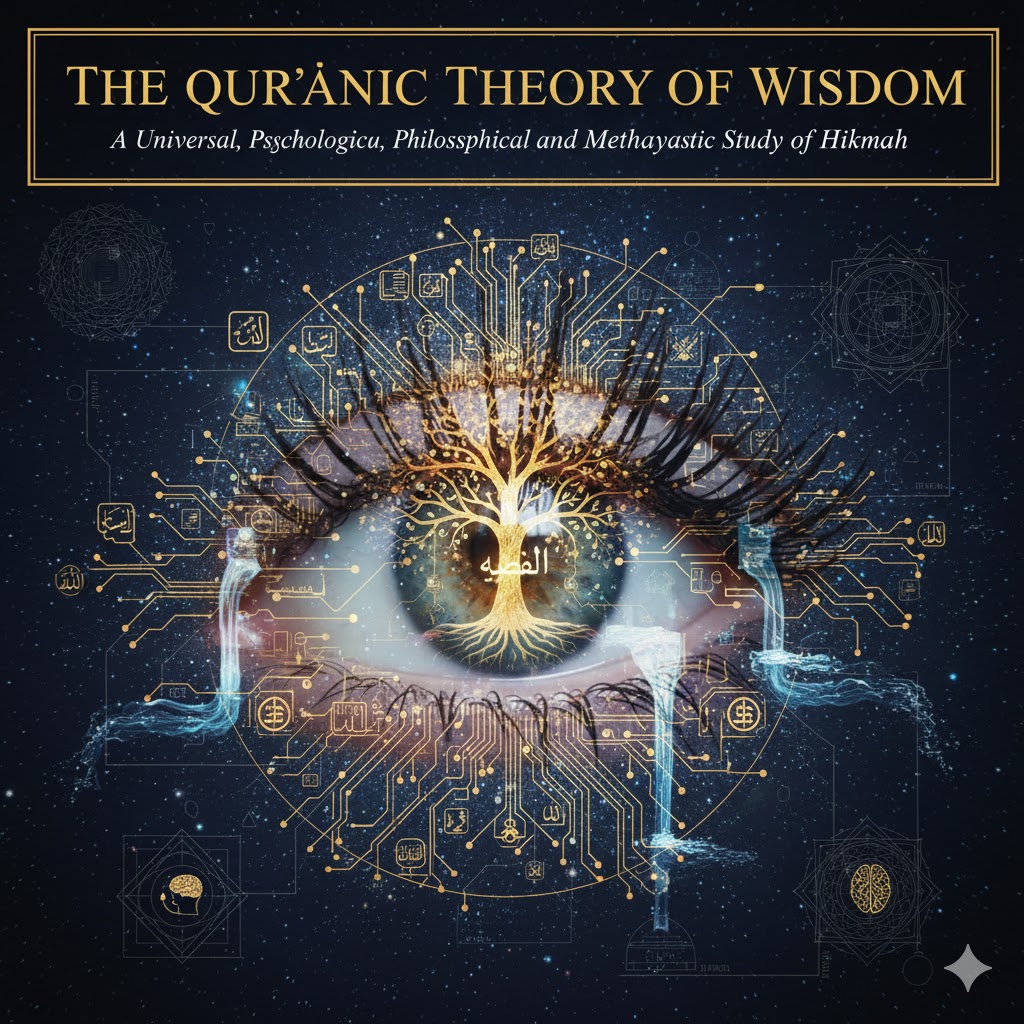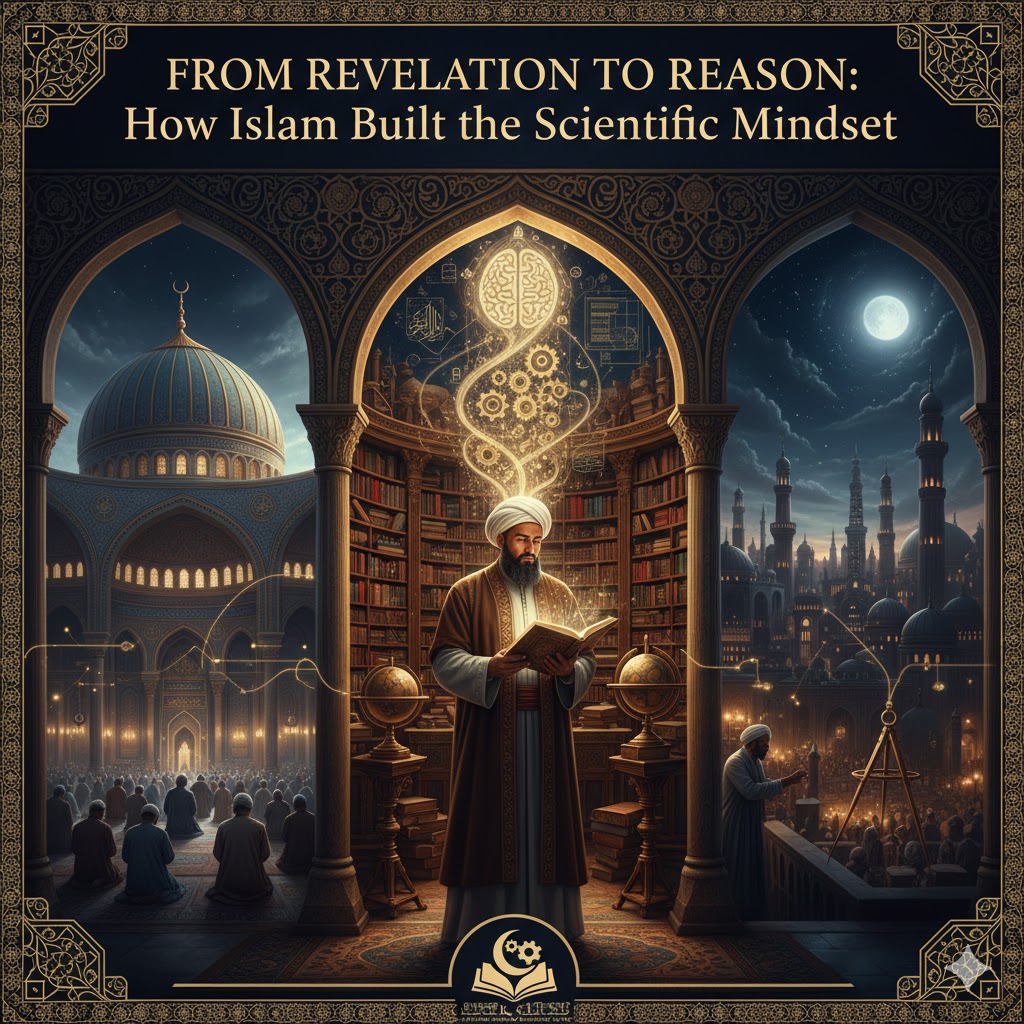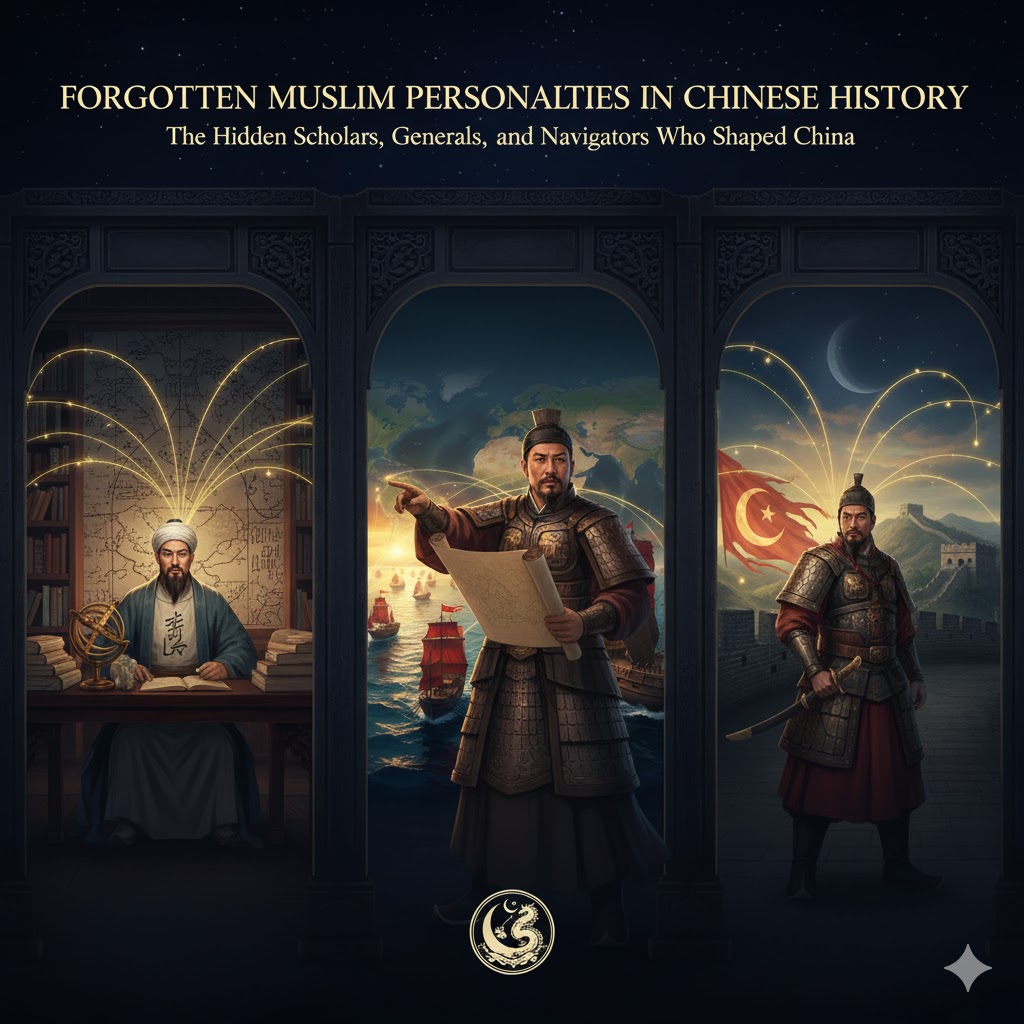Surah Al-Jathiyah, meaning “The Kneeling,” is the 45th surah of the Qur’an and was revealed in Makkah. It consists of 37 verses that emphasize divine signs, the certainty of resurrection, and accountability in the Hereafter. The title derives from verse 28, which portrays a striking image: every nation kneeling on the Day of Judgment, awaiting its record of deeds.
This surah combines theological, moral, and natural arguments. It invites humanity to reflect on the signs of Allah in the heavens, the earth, and within themselves. It warns against arrogance and blind following of desires while affirming the Qur’an as a source of wisdom and clarity.
Thematically, the surah moves across:
- Signs of Allah in creation as proof of divine power.
- The fate of disbelievers who deny accountability.
- Historical lessons of destroyed nations.
- The vivid image of the Day of Judgment where every nation kneels.
- The Qur’an as mercy and guidance.
At its heart, Surah Al-Jathiyah delivers a timeless truth: all creation points to its Creator, and all nations will one day face Him.
Themes and Structure of Surah Al-Jathiyah
1. Divine Signs in Nature
- Verses 1–6
The surah opens with a reminder that the heavens, the earth, the alternation of night and day, the rain that revives the earth, and the diversity of creatures are all signs for those who reflect. - Message: Creation itself testifies to the existence and power of Allah. Denial is not due to lack of evidence, but arrogance.
2. The Qur’an as Guidance
- Verses 7–11
The Qur’an is described as guidance and mercy, but those who turn away are warned of humiliation and destruction. - Message: Revelation is not optional; rejecting it means rejecting one’s own chance at mercy.
3. Historical Lessons of Destroyed Nations
- Verses 12–17
The surah recalls how Allah gave favors to past nations, particularly the Children of Israel, yet many of them rebelled. Their downfall is presented as a lesson for those who follow desires instead of truth. - Message: History repeats itself—arrogance leads to ruin.
4. Following Desires vs. Following Revelation
- Verses 18–23
The surah draws a sharp contrast between those who follow divine law and those who make their desires their “god.” - Message: Blind pursuit of pleasure and ego destroys spiritual clarity and leads to ultimate loss.
5. The Day of Kneeling (Al-Jathiyah)
- Verses 24–29
A powerful scene: every nation will kneel before Allah on Judgment Day, receiving their record of deeds. The deniers who dismissed life as “only this world” will face the reality they rejected. - Message: Accountability is certain, and denial does not erase truth.
6. Final Warnings and Divine Sovereignty
- Verses 30–37
The surah concludes with a reminder of the two eternal destinations—Paradise for the righteous and punishment for the deniers. It closes by affirming Allah’s sovereignty over the heavens and the earth. - Message: All power, authority, and judgment belong solely to Allah.
This surah’s rhythm is sharp: evidence, warning, historical reminder, and a scene of ultimate accountability.
Scientific Reflections in Surah Al-Jathiyah
1. Signs in the Heavens and Earth
- Ayah 3–4: “Indeed, in the heavens and the earth are signs for the believers. And in your creation and what He disperses of moving creatures are signs for people who are certain.”
- Reflection: Modern science confirms the vastness of the universe, the complexity of ecosystems, and genetic diversity among creatures. These align with the Qur’anic call to look at creation as evidence of intelligent design.
2. The Alternation of Night and Day
- Ayah 5: Mentions the succession of night and day as a sign.
- Reflection: Today, we know Earth’s rotation and orbital mechanics produce this cycle, regulating climates, seasons, and life patterns. The Qur’an presented this balance centuries before scientific explanation.
3. The Role of Rain in Reviving the Earth
- Ayah 5: Mentions rain reviving the land.
- Reflection: Modern hydrology confirms water’s essential role in agriculture, ecosystems, and even sustaining human civilization. Without rainfall cycles, life would collapse—echoing the Qur’anic truth that water is life.
4. The Human Tendency to Follow Desires
- Ayah 23: Warns against those who make desires their “god.”
- Reflection: Psychology and neuroscience show how unchecked impulses (addiction, ego, power) override reason. The Qur’an anticipated this human weakness, linking it with spiritual blindness.
5. The Kneeling Nations on Judgment Day
- Ayah 28: “And you will see every nation kneeling…”
- Reflection: The image of humanity humbled before truth mirrors the idea of universal accountability. Modern global consciousness—where records, surveillance, and history cannot be erased—echoes the Qur’an’s timeless idea of a divine record.
These scientific and psychological hints show how the Qur’an invites people not just to believe blindly, but to reflect deeply on creation and the self.
Wisdom and Life Lessons from Surah Al-Jathiyah
1. Creation is a Classroom
- Verses 1–6
Nature isn’t random scenery; it’s a series of signs pointing to the Creator. Mountains, seas, night, day, and life forms are lessons in divine wisdom. - Lesson: A believer sees the world as a reminder, not a distraction.
2. Revelation as Mercy
- Verses 7–11
The Qur’an is described as guidance and healing, but rejecting it leads to humiliation. - Lesson: Human intellect alone cannot guarantee truth—revelation completes the map.
3. History Repeats Itself
- Verses 12–17
The downfall of past nations shows what happens when blessings are met with arrogance. - Lesson: Power and privilege are tests. Gratitude preserves them; rebellion destroys them.
4. Desires as False Gods
- Verses 18–23
Those who worship their own whims lose the ability to distinguish right from wrong. - Lesson: Freedom is not the absence of limits; it is discipline guided by truth.
5. The Scene of Kneeling
- Verses 24–29
Every nation, humbled, kneeling on Judgment Day, awaiting its record. - Lesson: Nations rise and fall, but all eventually stand before the same Judge. Accountability is inescapable.
6. Two Destinies
- Verses 30–37
The righteous enter peace and mercy; the deniers face loss and humiliation. - Lesson: Life narrows down to two outcomes—our choices shape eternity.
This surah’s wisdom cuts straight: observe, reflect, submit, and be accountable.
Shocking Questions and Answers from Surah Al-Jathiyah
Q1: How could the Qur’an describe the alternation of night and day with such precision 1,450 years ago?
- A: In Ayah 5, Allah points to night and day as a sign. Today, we know Earth’s rotation and orbit regulate time, climate, and biological rhythms. For 7th-century Arabs, this was just daily routine—yet the Qur’an framed it as a profound cosmic system.
Q2: Why does the Qur’an emphasize rain reviving the dead earth?
- A: Ayah 5 highlights rain bringing life back to barren land. Modern hydrology proves that water drives ecosystems, agriculture, and even human survival. Without water cycles, civilization collapses. How could a desert people, with limited water knowledge, assert this universal law unless divinely inspired?
Q3: How does the Qur’an expose the psychology of following desires as a false god?
- A: Ayah 23 warns of people enslaved to their desires. Modern psychology confirms that unchecked impulses—addiction, ego, lust—reprogram the brain, making people slaves to their cravings. The Qur’an captured this truth long before behavioral science.
Q4: How could it describe nations kneeling together before accountability?
- A: Ayah 28 paints a scene of every nation kneeling on Judgment Day. Today, in a world of global courts, mass records, and universal surveillance, we grasp how accountability can extend to all nations. Yet the Qur’an gave this imagery in a world of scattered tribes, proving its timeless foresight.
Q5: What is shocking about linking creation with divine signs?
- A: Ayah 3–4 directly links human beings, animals, and the heavens as interconnected signs. Today’s science echoes this through ecology, genetics, and cosmology. The Qur’an revealed that creation is a network of signs when humanity was centuries away from systems thinking.
This surah shocks by showing how nature, psychology, and history all confirm one truth: life is accountable and God’s signs are undeniable.
Conclusion
Surah Al-Jathiyah (The Kneeling) brings the reader face-to-face with two realities: the undeniable signs of Allah in creation, and the certainty of accountability in the Hereafter. Every verse either points to the order in the universe, the downfall of past nations, or the final gathering where all will kneel before their Lord.
The surah emphasizes that disbelief is not caused by lack of evidence—the signs are everywhere—but by arrogance, pride, and the worship of desires. This message is as relevant today as it was 1,450 years ago. Science has only strengthened the Qur’anic claim: the balance of night and day, the revival of land with rain, and the diversity of creation all reveal divine wisdom.
The most powerful image comes in its title: every nation kneeling on Judgment Day. No empire, ideology, or people can escape that moment of accountability. What matters is not worldly dominance but the record of deeds every soul carries.
Surah Al-Jathiyah closes by reminding that Allah owns the heavens and the earth, and to Him belongs ultimate authority. It is a surah of signs, warnings, and hope—teaching that clarity is already given; the choice is now ours.










